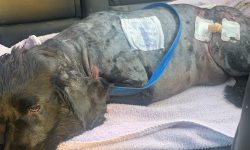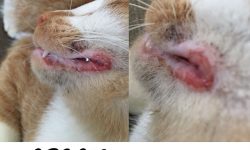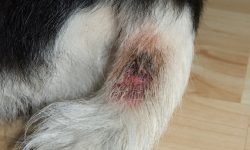Surgical desexing is a responsible way you can help reduce pet overpopulation and unwanted pregnancies. Traditionally, desexing is undertaken from about 6 months of age.
During these COVID-19 times, it is important that we reduce our interpersonal contact as much as possible, and avoid all unnecessary errands outside of our homes. In addition, as veterinary surgeons we must be mindful of our resources which may be required for human use should the need arise.
With these factors in mind, we can consider delaying desexing a few months.
For female dogs, desexing before her first heat makes her significantly less likely to develop breast cancer. Small-breed dogs typically come into heat from 8-9 months of age, whereas large-breed dogs might not come into heat until they are over 12 months old. During the lockdown period, we would prefer to delay desexing until after these ages, unless they are at a high risk of unwanted pregnancy.
With each heat, the risk of breast cancer increases. After a third heat, desexing her will no longer statistically change the risk. So if your dog has had one or two heats and is due again soon, desexing now is also important.
Cats are prolific breeders and can produce kittens from a young age. Therefore, there are no current changes to our cat desexing guidelines - though we do have to manage our resources appropriately. Keeping your cat indoors is a good way to prevent unwanted pregnancies.
For male dogs, the story is a little different. There is some research to suggest that there can be advantages to bone growth and behaviour development by delaying desexing past 6 months of age. Unless they are wandering to find female dogs or showing strong testosterone-related behaviour such as territorial or dominance aggression, for now it is acceptable to delay. There is also a temporary implant for “chemical castration” that lasts for 6-12 months which can be used as an alternative to surgical desexing.
There are other medical reasons that make it beneficial to desex your pets, even if they are older and not at risk of breeding. Please feel free to call UniVets Camden on 46550777 to discuss any of the above or if you have any questions or enquiries.






